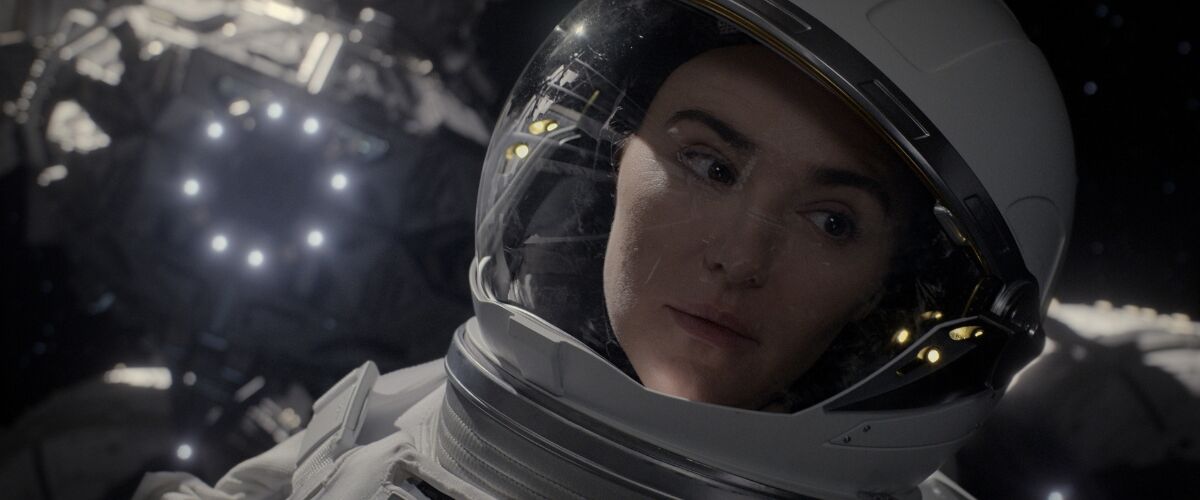In the realm of science fiction, striking the right balance between realism and imaginative storytelling is crucial, and alternate history series For All Mankind, which explores the outcome of if Russia, and not the US, were the first to land on the moon and now in its captivating fourth season, continues to chart this delicate balance.
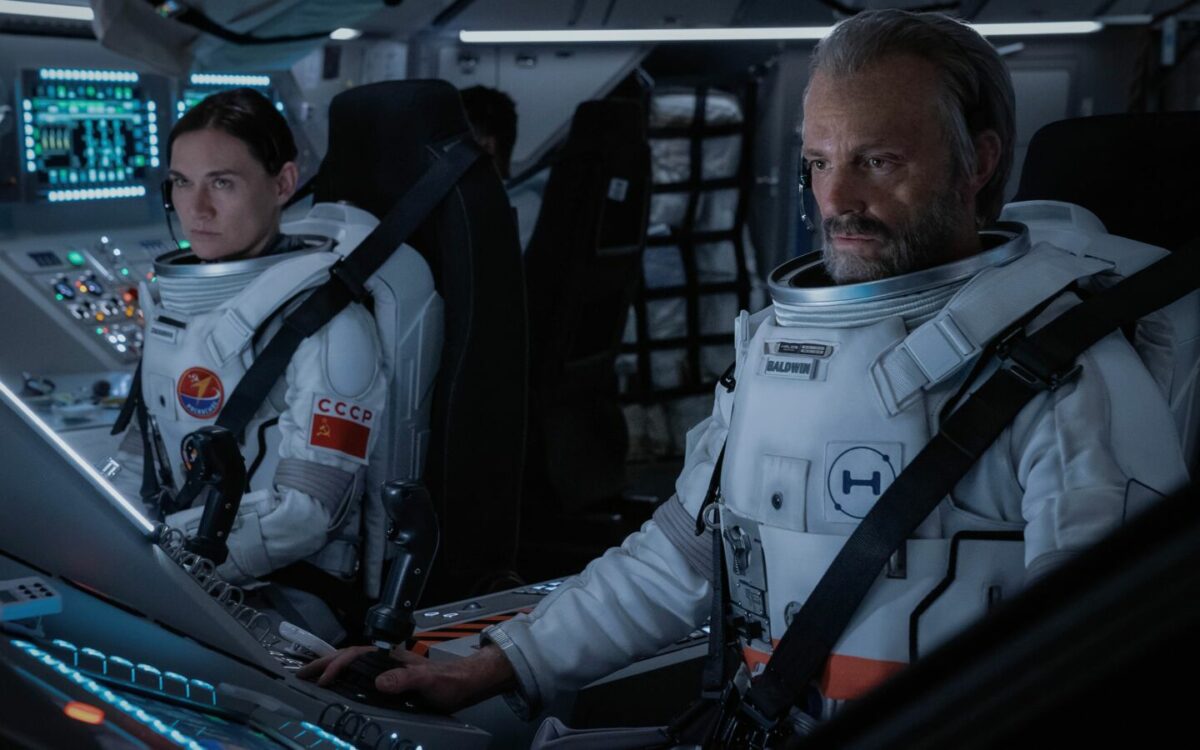
The Apple TV+’s hit series, under the guidance of showrunners Matt Wolpert and Ben Nedivi, alongside NASA technical advisor Garrett Reisman, blends factual science and creative liberties, creating a show that’s, according to Reisman, “more Apollo 13, less Moonfall”.
In Hollywood, the award winning and critical darling Apollo 13 (1995), from director Ron Howard, is regarded as one of the better attempts at a movie about space travel, compared to the travesty of Roland Emmerich’s disaster film, Moonfall.
The show’s commitment to scientific authenticity, while still engaging in creative storytelling, is a delicate balancing act say the three in an interview with Geek Culture. Wolpert explains, “As writers, we’re not scientists, we’re not engineers. We have tech advisors, we have consultants, we do a lot of research all the time. It’s really important to us that it stays real and grounded, and based on science.”
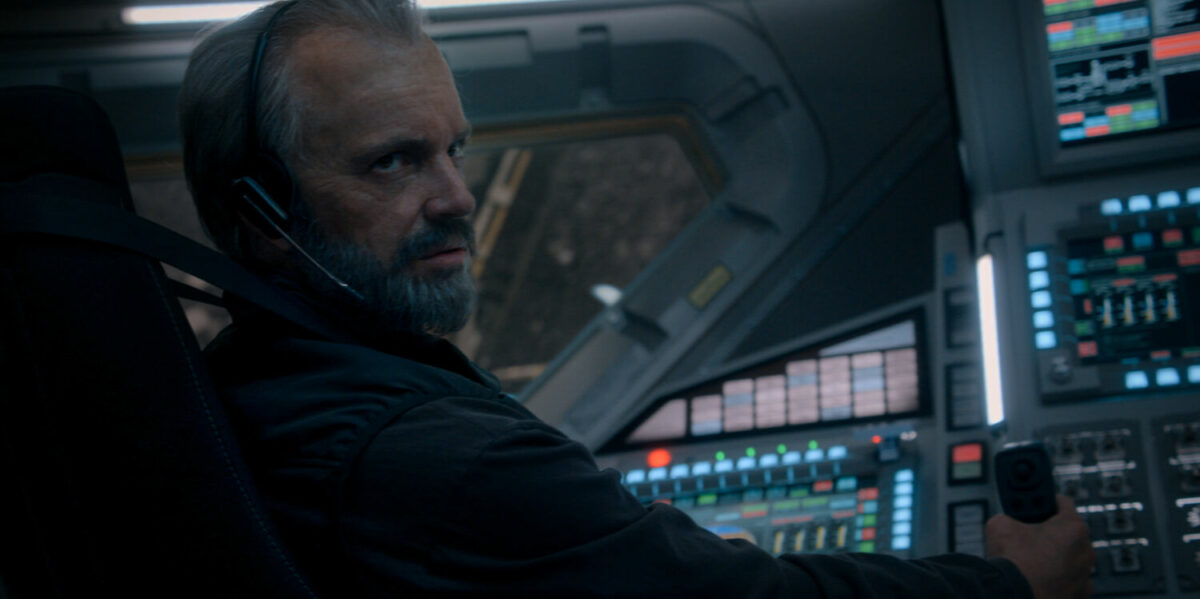
And the involvement of Garrett Reisman, a former astronaut, adds a layer of authenticity. He brings his expertise to the table, ensuring the show’s space technology is not just visually stunning but also scientifically plausible.
As a former astronaut, Reisman has a wealth of knowledge and experience under his belt. “I’ll pitch ideas, and they’ll pitch ideas to me. It’s a collaboration between myself and the set designer. We end up with something that is both visually interesting and compelling, but also grounded in some kind of science as well,” Reisman explains.
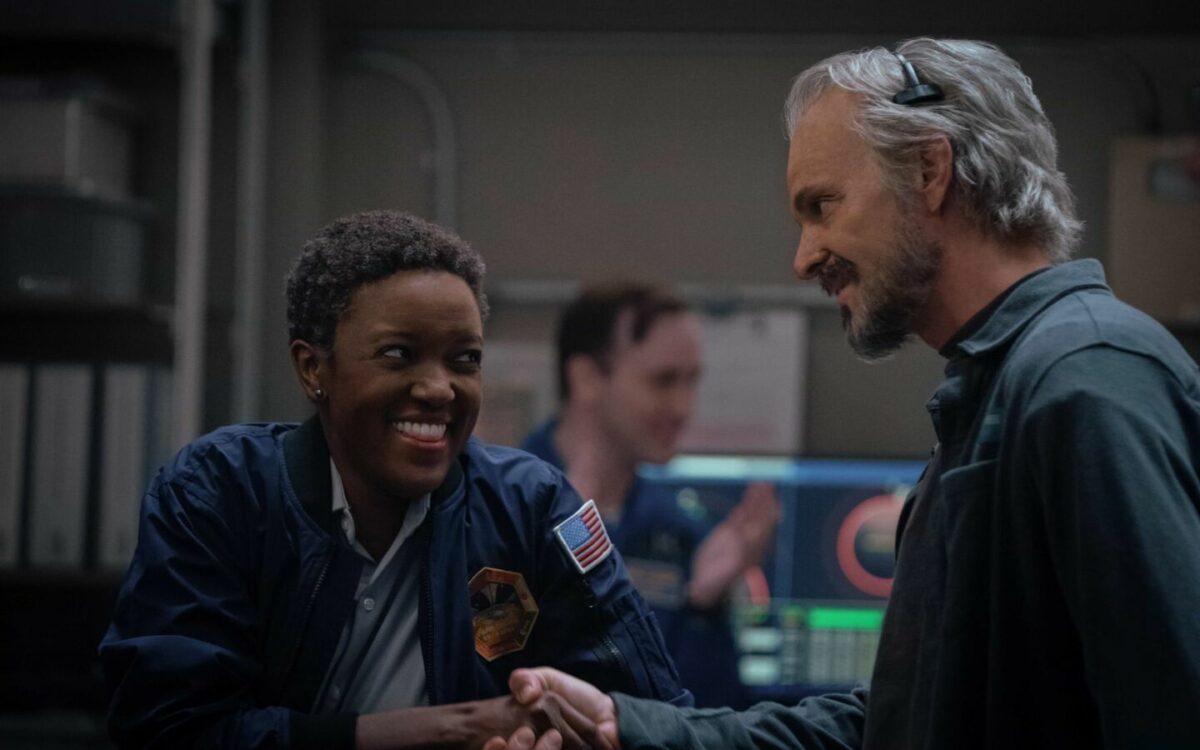
This collaboration ensures that even the most dramatic moments of the show are built on a foundation of real science, as season 4 takes this challenge to new heights, delving into the complexities of Mars exploration as crafting these narratives isn’t straightforward.
“And that’s getting harder to do, the more we go. The science now is becoming a little more theoretical, ” notes Nedivi, as the show continues to integrate cutting-edge scientific concepts while remaining grounded in reality.
This delicate balance is evident in the creative process. The writers’ room is a hub of passionate debates and vibrant discussions. “We do have disagreements a lot,” Nedivi shares, “And sometimes when you’re arguing, it does bring out the best because it shows the passion you have for an idea.” This dynamic is crucial for a show like For All Mankind, where the stakes are as high as the skies it portrays.
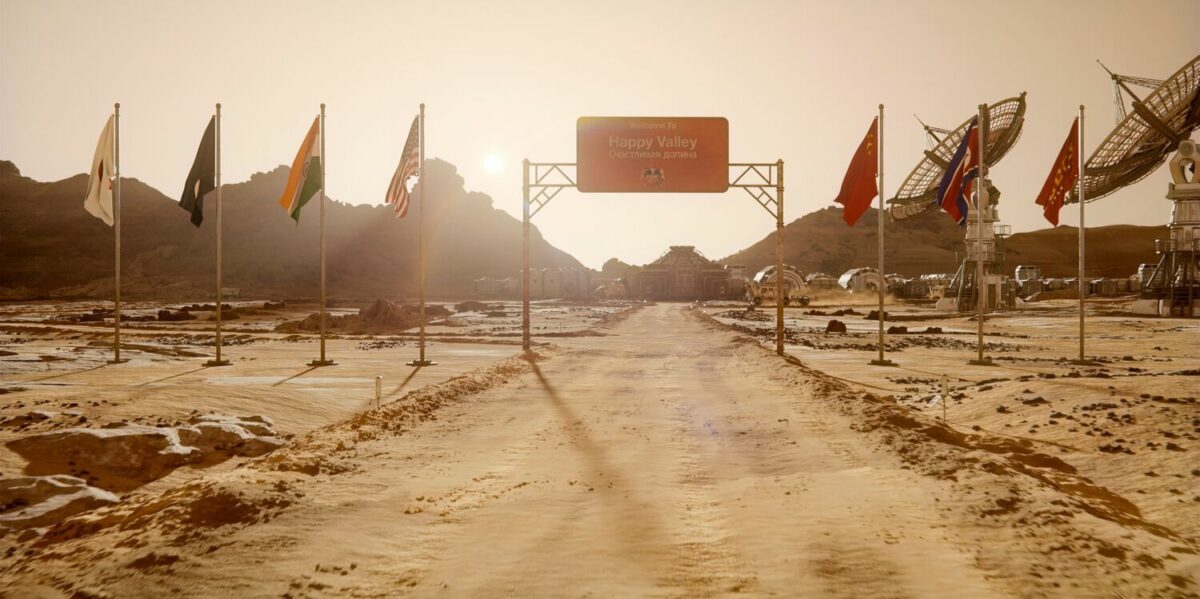
Season 4’s depiction of Mars is a testament to this rigorous process. Scenes set on the Red Planet are not just visually compelling; they are informed by real Martian landscapes. “A lot of the Mars landscapes you see on the show, we’re getting photography from Mars every day,” reveals Nedivi. This attention to detail is what sets the show apart.
The show’s depiction of Martian colonisation, while speculative, is rooted in real physics and space science. “I would say we’re still decades away from building something like a Happy Valley base. We have quite a way to go before we get there,” admits Reisman, “But as far as actually reaching Mars, like we did in season three, that is something that we have the technology to do.”
Season 4 continues to push the envelope, exploring concepts like asteroid mining and the colonisation of Mars. These themes, while speculative, are grounded in current scientific discourse and advancements. “Companies are currently being founded to explore asteroid mining,” Reisman points out, showcasing how the show mirrors real-world interests and developments, “And there are potentially a lot of resources that you can get from asteroids, I think, actually, probably the biggest, most valuable resource is water.”
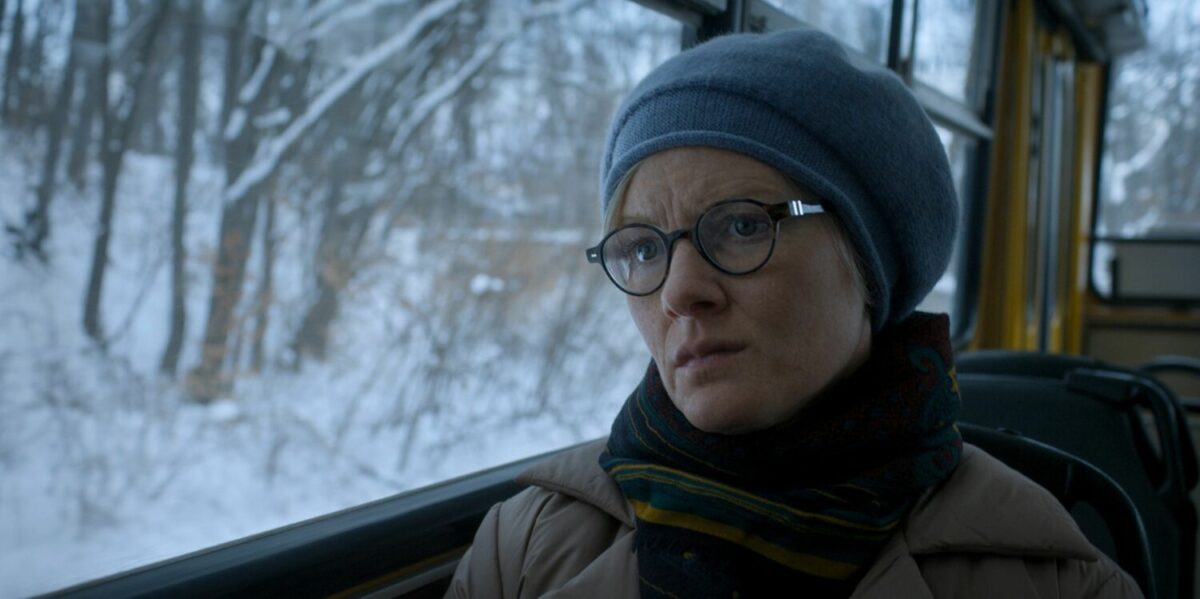
One of the most challenging yet favorite parts of Season 4 for the creators was filming in Sofia, Bulgaria, for the segments set in the Soviet Union. The process involved translating English dialogues into Russian, with actress Wrenn Schmidt (Margo Madison) taking Russian lessons for a year. “It was hard, but it’s also my favourite part of the season,” Wolpert shares, underlining the team’s commitment to authenticity.
Reisman echoes this sentiment, “I hope that we’re more towards like the Apollo 13 kind of realism and less like Moonfall. Even the Gravity movie had egregious violations of the laws of physics. So I hope we’re doing better than that.” The show’s dedication to scientific integrity is a testament to its desire to inspire real-world space endeavours. It’s not just about entertainment; it’s about sparking curiosity and wonder about what lies beyond our planet.
The series doesn’t just look outward to the stars; it also reflects inward, exploring human connections and the personal journeys of its characters. “I think that’s what makes television compelling. You’ve invested in these characters, so that when they go through the challenges of a space disaster, you care what happens to them,” Nedivi adds, revealing the show’s heart. For All Mankind is not only about the conquest of space but also about the triumphs and trials of those who dare to dream of it.
In a world often overwhelmed with cynicism, For All Mankind offers a glimpse into the stars, not just as celestial bodies but as symbols of our collective hopes and aspirations. It reminds us that, while we reach for the cosmos, our most profound journeys are those we undertake within ourselves and with each other.
For All Mankind season 4 is now streaming on Apple TV+.

